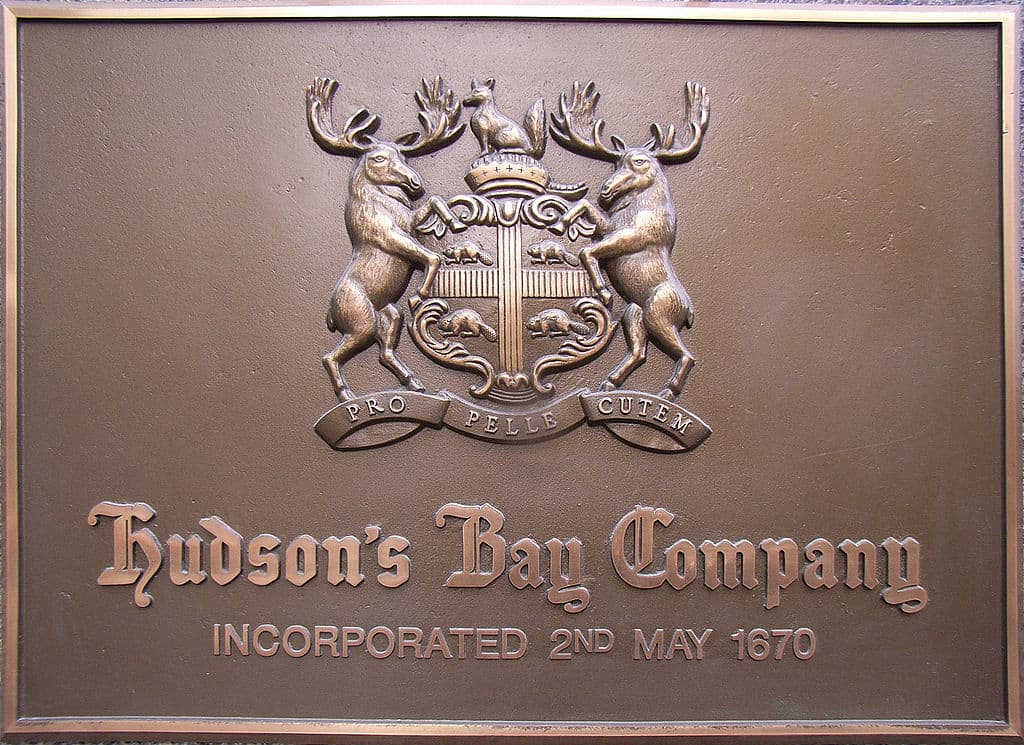Over the past few weeks, investors received confirmation that the Canadian retail landscape will be changing. Sears Canada Inc. (TSX:SCC) announced it will be entering creditor protection and attempting to reorganize. Although this could be good news for investors in Sears Canada, the reality is that the retail sector may not be able to support two major competitors over the long term.
Given the composition of the sector, consumers wanting to visit a department store can choose either Sears Canada, which may be having a blowout sale, or the better-stocked and higher-priced Canadian retailer Hudson’s Bay Co. (TSX:HBC). While the excitement of buying something at a large discount is appealing for some, customers typically realize that a sale only matters if it is something they really need. Eventually, the capsizing ship will go under.
This translates to a significant headwind over the short term for shareholders of Hudson’s Bay as consumers will have the opportunity to purchase household products (many of which last for several years) at discounted prices. Hudson’s Bay’s sales will suffer due to the Sears Canada liquidation. Investors need to understand that this is not a isolated incident.
In the United States, shares of Sears Holdings Corp. (NASDAQ:SHLD) have declined by close to 50% over the past year, while the total drop over the past five years is nothing short of 85%. Clearly, the retail industry is changing drastically both north and south of the borer.
For investors who believe that Sears Canada will eventually fail, leaving only the one major department store, there are two ways to deploy capital and make a profit. The first and much riskier approach is to take a short position in shares of Sears Canada, which has only a very small chance of turning things around. Unless the company is bought out by a corporate suitor, this should be a profitable investment.
The second and less risky approach for investors to take is to purchase shares of Hudson’s Bay with the expectation that the stock will eventually recover and shares will increase in value. The major challenge is, of course, that the main competitor will do almost anything to prevent the ship from going down. Price competition and margins may decline substantially in the short term before clarity in the industry can be reached.
Although shares of Hudson’s Bay have declined by close to 25% over the past year, the good news for investors has been that the gross margins have held up quite nicely over the past several years, increasing from 38.4% in fiscal 2014 to 41.3% in fiscal 2017. Company management has been able to resist the temptation of cutting prices. Investors need to ask themselves if they have the same discipline to remain patient.








